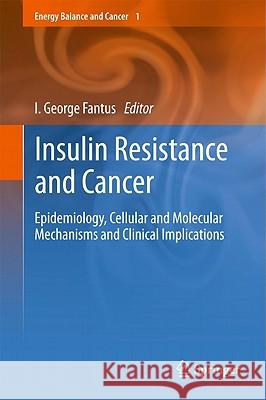Insulin Resistance and Cancer: Epidemiology, Cellular and Molecular Mechanisms and Clinical Implications » książka
topmenu
Insulin Resistance and Cancer: Epidemiology, Cellular and Molecular Mechanisms and Clinical Implications
ISBN-13: 9781441999108 / Angielski / Twarda / 2011 / 300 str.
Insulin Resistance and Cancer: Epidemiology, Cellular and Molecular Mechanisms and Clinical Implications
ISBN-13: 9781441999108 / Angielski / Twarda / 2011 / 300 str.
cena 603,81
(netto: 575,06 VAT: 5%)
Najniższa cena z 30 dni: 578,30
(netto: 575,06 VAT: 5%)
Najniższa cena z 30 dni: 578,30
Termin realizacji zamówienia:
ok. 16-18 dni roboczych.
ok. 16-18 dni roboczych.
Darmowa dostawa!
A comprehensive book on insulin and cancer.











